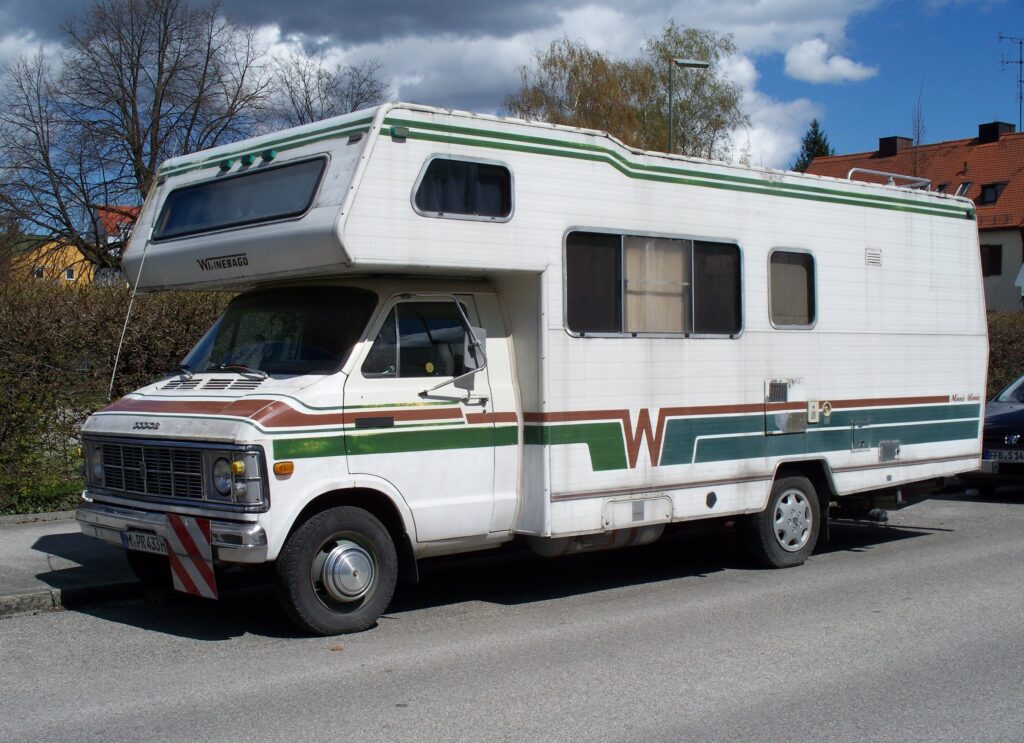
You’re about to commence your first RV rental adventure, a journey brimming with the promise of open roads and unforgettable family memories. However, there’s a crucial distinction between those who return with amazing tales of triumph and those who face unexpected headaches and costly surprises. The secret to a genuinely enjoyable trip lies in thorough preparation and knowing what seasoned RV renters do long before they even turn the ignition.
This isn’t merely about ticking off items on a list; these are the essential steps that will actively protect your wallet, guarantee your family’s safety, and transform your rental experience from potentially stressful to genuinely joyful. Arming yourself with the right knowledge and asking pertinent questions upfront will empower you to navigate every aspect of your trip with confidence, ensuring a smooth ride from start to finish.
Renting an RV for the first time is an exciting and rewarding experience, but successful preparation is paramount. Whether you’re envisioning a quick weekend getaway or an extended cross-country road trip, knowing the right questions to ask will lay the groundwork for a smooth and enjoyable journey. Let’s dive into the critical inquiries that every potential RV renter should make before hitting the road.

1. **What’s Included in the Rental: Amenities and Essentials?**Before you finalize any rental agreement, it is absolutely vital to understand precisely what comes with your RV. This clarity helps you avoid any last-minute surprises or the frustration of discovering you’ve forgotten something critical. Make sure to inquire about essential amenities, from bedding to kitchen equipment, and any outdoor gear that might be advertised as part of the package.
Always ask if the RV boasts a full kitchen, a functional bathroom, and reliable air conditioning, as these are often top priorities for family comfort. Beyond the basics, find out if there are any add-ons or extra costs for things like bike racks, propane refills, or additional camping equipment. Comprehensive knowledge of inclusions and exclusions will significantly smooth your pickup process and prevent unexpected expenses.
As the experts advise, “make sure to ask the owner what amenities and features the RV includes. This way you know what the RV already has and what you have to bring for yourself.” Delve into the specifics of the sleeping arrangements by asking, “How many beds are there, and what size are the beds? If there are fold-out beds, will they fit adults or just kids?” This ensures everyone has a comfortable place to rest.
Further your inquiry by clarifying, “Does the RV come with bed linens, towels, and pillows?” Moving into the kitchen, a hub for family meals, ask, “Is the kitchen stocked with essentials like plates, pots, pans, and utensils? Does the owner provide food staples, such as coffee/spices/cooking oil, etc.? What kitchen appliances does the RV come with? Is there a coffee maker?” This detailed questioning will allow you to pack more efficiently and avoid redundant purchases, maximizing both space and budget on your adventure.

2. **What Insurance Coverage and Liability Protection are Provided?**Once your paperwork is in order, the next crucial step is to meticulously tackle the often-complex world of RV insurance coverage. This is arguably one of the most significant aspects of your RV rental, as it safeguards you against unforeseen financial liabilities. Remember, “every state requires minimum liability insurance, and it’s illegal to rent without it,” underscoring its non-negotiable importance.
It’s a common misconception that your personal auto insurance or credit card will automatically extend to cover large RVs; in many cases, they simply don’t. This is why a direct conversation about insurance with your rental provider is essential. You need to verify the exact level of coverage included in your rental price and understand precisely what is covered—be it accidents, damage, or even theft.
Carefully “review the rental company’s protection plans.” Look specifically for robust “liability coverage up to $1 million and physical damage protection reaching $300,000.” Equally important is scrutinizing “deductibles and exclusions like reckless operation or unauthorized drivers,” which could leave you vulnerable if overlooked. Many comprehensive plans will also include valuable additions such as roadside assistance and campsite liability coverage.
Before making a decision, “compare the rental company’s options with your existing coverage.” While “the cost of RV rental insurance typically ranges from $15 to $30 per day, depending on the vehicle size and coverage limits you choose,” the peace of mind it offers is invaluable. Ensure you’ll have “proof of insurance for pickup, so get this sorted well before your trip begins,” making your departure stress-free and fully compliant.
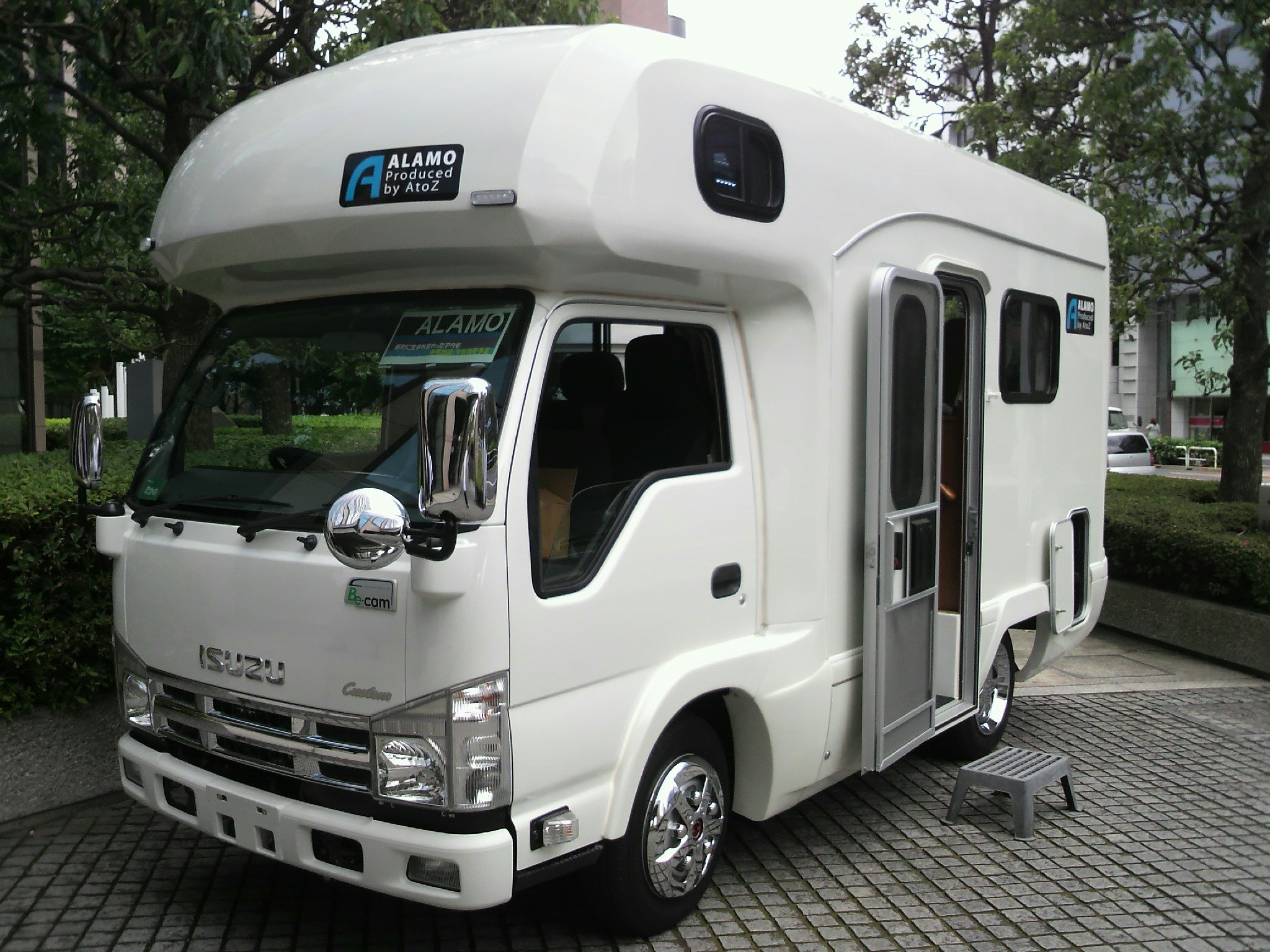
3. **What are the Minimum Age Requirements and Driver’s License Needed?**Before you even think about hitting the road, a foundational step is to verify all your reservation details and necessary documentation. This proactive measure ensures a smooth pickup process and prevents any last-minute complications that could delay your family’s adventure. A critical piece of this puzzle is confirming that you meet all driving eligibility criteria.
It’s imperative to “confirm you meet the minimum age requirement and that names on your reservation match your identification exactly.” These details, if incorrect or overlooked, can lead to significant issues when you arrive to pick up your vehicle. Always have a valid, unexpired driver’s license readily available, along with any secondary identification that the rental platform might require.
Driver’s license requirements are not universal; they “vary by state” and can sometimes depend on the size of the RV. While “most states don’t require special licensing for RVs under 26,000 pounds,” it’s absolutely crucial to “verify your specific vehicle’s weight and your destination’s requirements.” Larger RVs or certain destinations might necessitate a commercial license, so confirming this beforehand is non-negotiable.
Understanding “vehicle weight classifications can help you determine whether your RV qualifies for simplified licensing procedures,” simplifying your planning. To ensure ultimate preparedness, “keep your driver’s license, secondary ID, and all rental documents organized in one folder with digital backups on your phone.” This organized approach will streamline the entire verification process, allowing you to focus on the excitement of your trip.
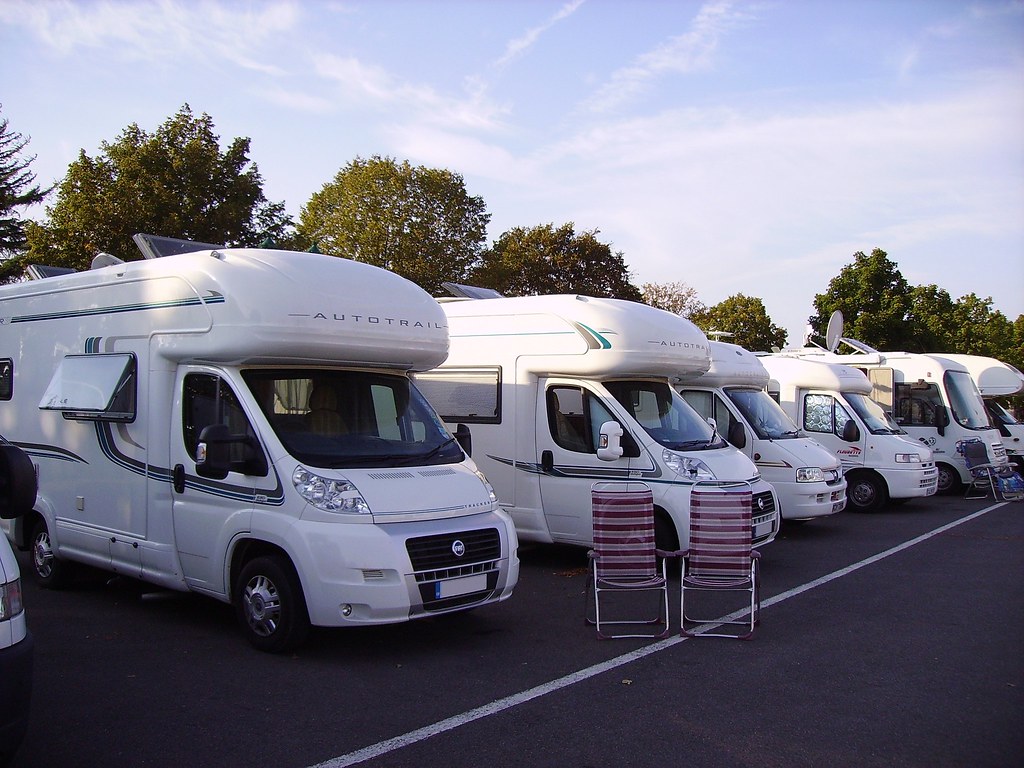
4. **How do I Conduct a Pre-Rental Vehicle Inspection for Existing Damage?**While securing comprehensive insurance coverage is vital for financial protection, a meticulous pre-rental inspection serves a different, equally critical purpose: it safeguards you from inheriting existing problems and being unfairly blamed for damage that was present before you took possession of the RV. This is why documenting everything with photos or videos before accepting the vehicle is an absolute must.
Begin your inspection on the exterior of the RV, systematically checking key areas. Pay close attention to “roof seals, window seals, and slide-out functionality”—common points for water intrusion. Carefully “look for body damage, rust, or hitch problems,” noting any imperfections, no matter how minor. This thorough external check sets the baseline for the RV’s condition at pickup.
Once inside, shift your focus to the interior components and fixtures. “Test all lights, outlets, and cabinet latches” to ensure they are fully operational. Crucially, “check for soft spots indicating water damage,” which can be a sign of past leaks. Verify that essential safety devices like “smoke and CO detectors work,” as these are non-negotiable for your family’s well-being. Additionally, “make sure to check for any lingering odors that could indicate previous issues with waste systems or water damage.”
Extend your inspection to the critical utility systems. “Test the electrical system including shore power, battery voltage, and generator operation” to confirm reliable power access. “Run water through all faucets and check tank levels,” then “test the water heater, toilet, and shower for leaks or odors.” Finally, “inspect propane tanks for damage and test all gas appliances,” and “run both the air conditioning and furnace to confirm they’re working properly.” This comprehensive walkthrough will empower you with confidence and clarity about the RV’s condition.
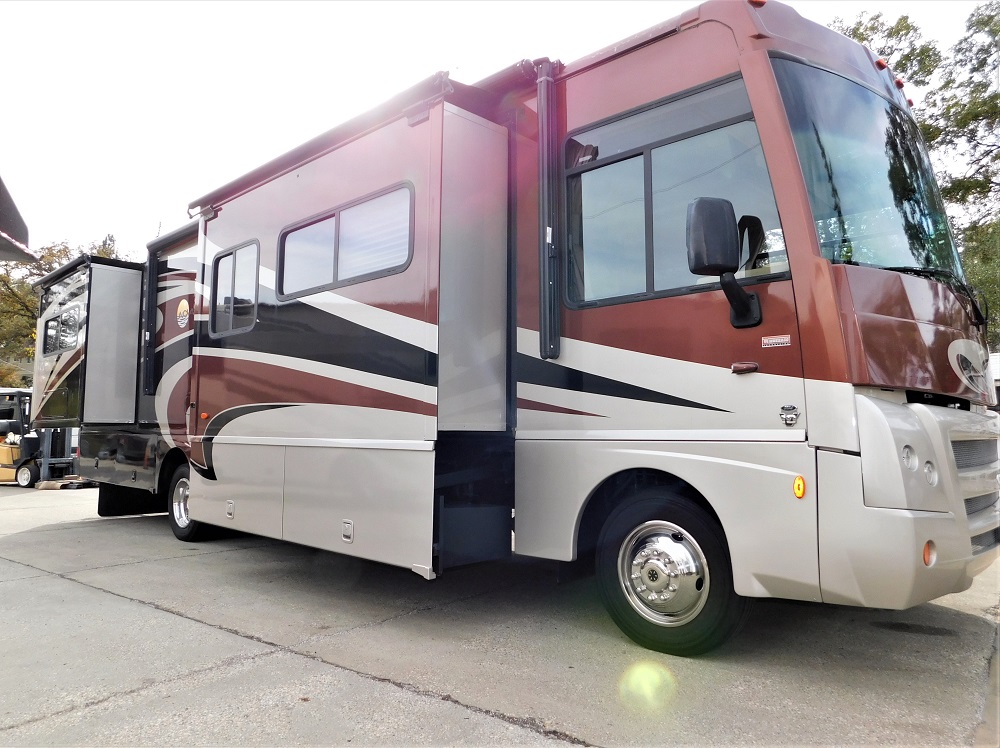
5. **What are the RV’s Dimensions and How Do I Handle Driving It?**RVs represent a significant departure from your everyday vehicle, typically boasting dimensions far grander than what you’re accustomed to. Unless you’re a professional semi-truck driver, it’s crucial to grasp that “RVs are most likely larger than anything you drive on a daily basis.” This difference means you simply “might not fit in places you are used to,” a fact that can quickly lead to costly mistakes if not respected.
This is precisely where knowing your vehicle’s exact dimensions becomes your ultimate safeguard. Understanding the RV’s “height, width, length, and even weight if your RV is large enough can save you from unintentional damage to your vehicle and other property.” These measurements are not just technical specifications; they are essential navigational tools that prevent scrapes, dents, and far more serious incidents.
While you’ll likely “be fine on interstates and major roads,” the real challenges arise in less forgiving environments. “When it comes to parking in tight spaces, navigating parking garages, going under overhangs (like at a drive-up ATM), it’s helpful to know these dimensions.” The golden rule is to “always err on the side of caution.” If there’s any doubt about fitting, “have somebody get out and help direct you”—a simple act of teamwork that can prevent significant headaches.
Once you’ve completed your pickup walkthrough and received all pertinent information, it’s wise to engage in some practical driving experience before embarking on your main journey. “Even if this isn’t the first time you’ve driven an RV, every model drives and behaves differently, so get comfortable with it.” Consider taking the RV to “a large empty parking lot to practice turning, backing up, and parking.” Moreover, make it a point to “be aware of any blind spots,” ensuring you master safe operation before confidently hitting the open road with your family.
.jpeg)
6. **What are the Fuel Costs, Mileage Fees, and Fuel Management Tips?**One of the unavoidable realities of RV travel is that “gas mileage is not great with RVs.” This makes understanding and planning for fuel costs a paramount concern for your family’s budget. It’s highly advisable to “use your estimated travel miles to calculate your potential fuel costs before leaving on your trip,” giving you a clear financial picture and helping you avoid unwelcome surprises.
Beyond the base rental price, you should always be prepared for “additional costs and fees.” Among these, “mileage fees” are a common element that can significantly impact your total expenditure. The context highlights that “having an estimate of the total miles you plan to travel will come in handy when renting as some rentals come with unlimited miles, while others you have to pay per mile.” Clarifying this upfront is essential for accurate budgeting.
Fortunately, there are actionable strategies to mitigate the impact of fuel costs on your adventure. “Keep a steady pace” is a top tip; “constantly flooring your RV and speeding will burn through gas faster than staying at a steady pace.” Smooth, consistent driving not only saves fuel but also contributes to a more relaxed and enjoyable journey for everyone on board.
Further savings can be achieved by leveraging technology and timing. “Use cheap gas finder apps,” such as Gas Buddy, which “can help you find which gas station has the cheapest gas near you.” Additionally, paying attention to price fluctuations can make a difference: “Fill up early in the week. In general, gas prices are cheaper early in the week (Monday and Tuesday) and rise on the weekends.” Small habits, like “limiting AC use” and “not letting the engine idle for too long,” can collectively add up to noticeable fuel savings, keeping more money in your pocket for trip fun.
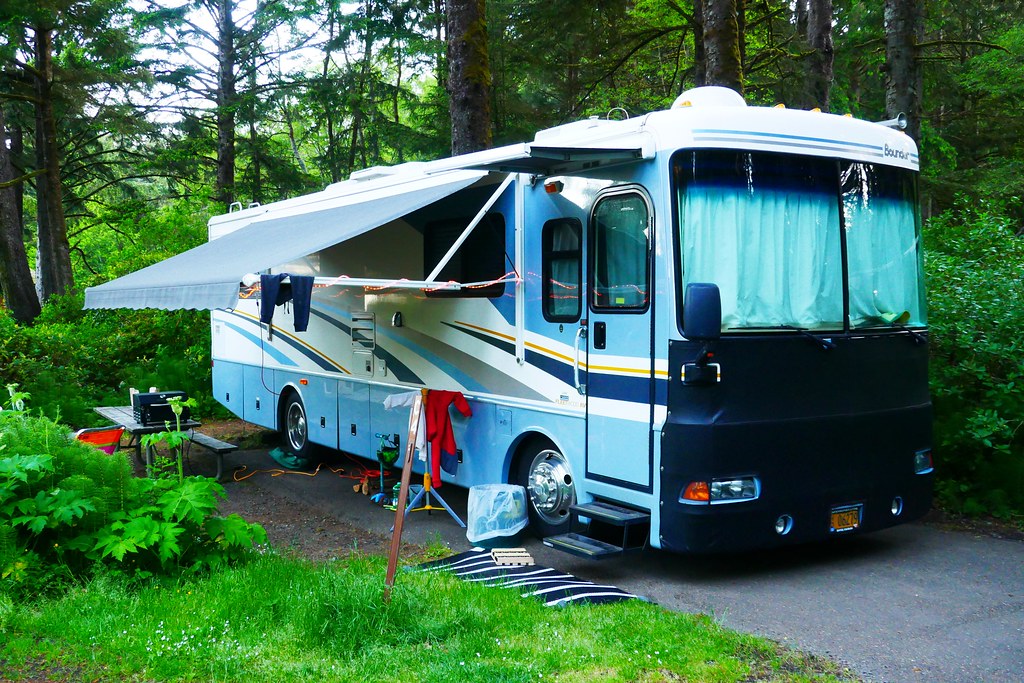
7. **How Do I Operate the RV’s Electrical, Water, and Waste Management Systems?**Understanding how to effectively manage your RV’s essential utility systems is fundamental to a comfortable and sanitary trip, especially when dealing with hookups at campsites. As a first-time renter, you’ll need to grasp how to connect your RV “to a power source, water, and sewer (to empty the black tank) at your campsite.” While the owner or rental company should provide instructions, it’s prudent to ask for a thorough walkthrough.
Water management is a critical aspect of self-sufficiency. You should inquire, “How much water is on board the RV? How many showers can you take if the RV is not hooked up to water?” During your pre-rental inspection, make sure to “run water through all faucets and check tank levels” to ensure everything is functioning correctly. Additionally, “test the water heater, toilet, and shower for leaks or odors” to prevent any unpleasant surprises on your journey.
Waste management, while perhaps not the most glamorous topic, is undeniably vital for hygiene and preventing system malfunctions. You must “master your black tank (toilet waste) and gray tank (sink/shower water) by monitoring levels through sensors or gauges.” Crucially, “regularly emptying waste tanks at designated dump stations ensures proper sanitation and prevents system malfunctions,” a step that cannot be overlooked for a healthy environment inside your RV.
Finally, a firm grasp of the electrical systems is essential. Ask specific questions like, “Does the TV work on just the RV batteries or does it need to be plugged into shore power? Will the owner provide a generator? Is there gas for the generator? Will the generator power the AC? Does the microwave work without shore power?” It’s also wise to “test the electrical system including shore power, battery voltage, and generator operation” during your initial inspection. For added peace of mind, consider using “surge protectors to safeguard your RV’s electrical systems from campground power fluctuations,” protecting your investment and ensuring uninterrupted power throughout your family’s adventure.
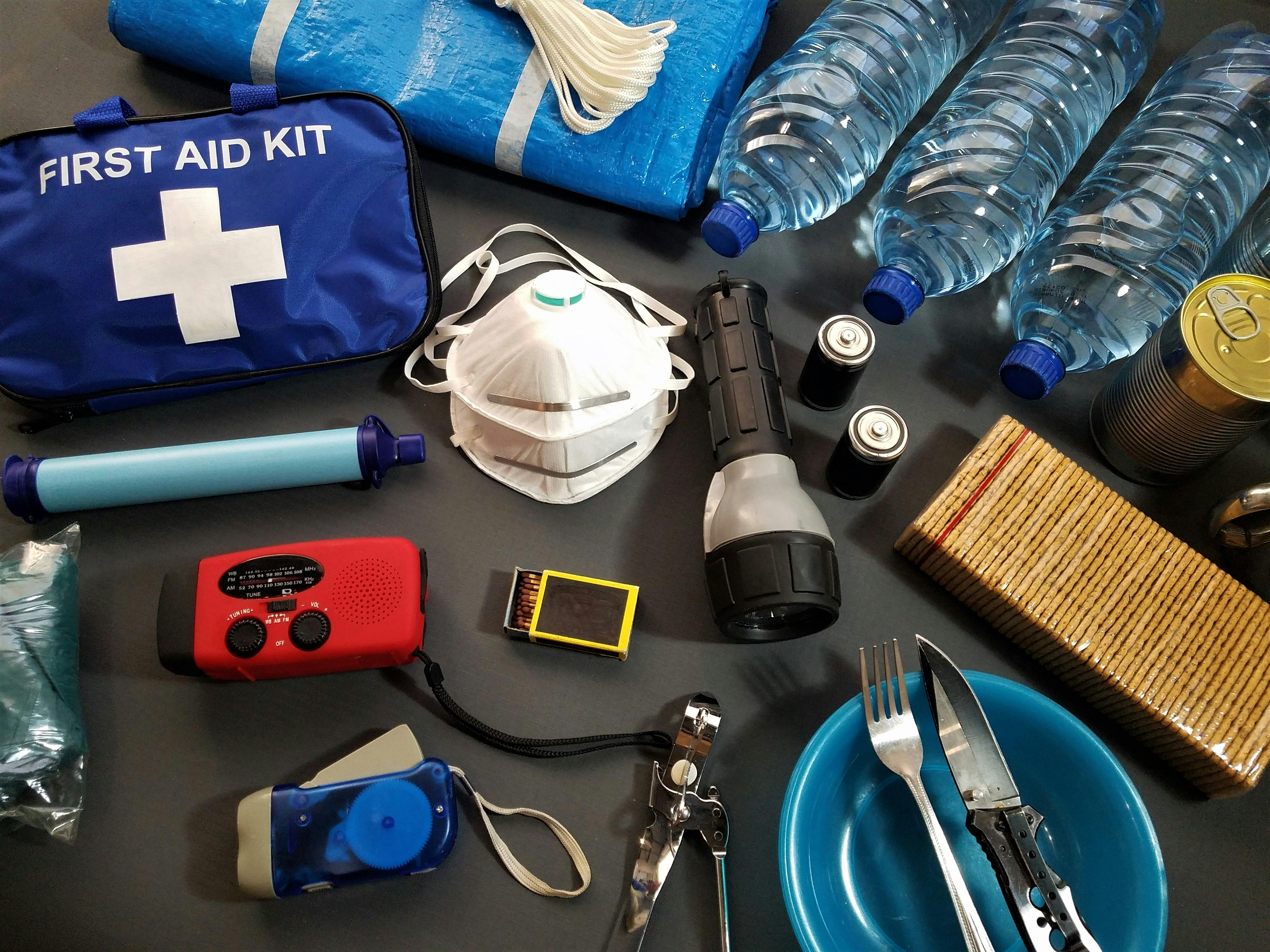
8. **What Safety Equipment and Emergency Supplies are Provided?**The thrill of the open road sometimes overshadows the practical need for preparedness, especially when you’re adventuring miles from civilization. In an RV, safety equipment isn’t just a recommendation—it’s your absolute lifeline. Remote locations mean that help could be hours away, making self-sufficiency in handling emergencies truly essential. Before you even think about setting off, you need to know exactly what safety gear is on board.
You’ll want to confirm the presence and functionality of core safety essentials, starting with fire suppression. Mount a fire extinguisher within easy reach, and ensure functioning smoke alarms are installed throughout your RV. Beyond fire, gas leak detection is critical; test carbon monoxide detectors before departure and inspect propane tanks for any leaks or damage. These small checks can literally be life-savers, safeguarding your family from invisible dangers.
For roadside emergencies, preparation is key. Pack emergency signaling tools such as LED road flares, warning triangles, and reflective vests for roadside visibility, especially if you encounter an issue at night or in low-light conditions. Furthermore, consider electrical protection, using surge protectors to safeguard your RV’s electrical systems from potential campground power fluctuations. This protects both the RV and your devices.
Beyond these items, don’t overlook simple yet crucial additions like wheel chocks to prevent unwanted movement when parked, particularly on uneven ground. Always maintain proper ventilation in sleeping areas to prevent dangerous gas accumulation, ensuring fresh air circulation. A comprehensive renters manual should ideally provide detailed instructions on operating all safety equipment and troubleshooting common emergency scenarios, so ask for it and review it thoroughly.

9. **What are the Pet and Smoking Policies?**While planning your family RV adventure, it’s easy to get caught up in the big details and overlook the seemingly minor ones, like whether your furry family members are welcome or if a quick smoke break is allowed. However, failing to clarify pet and smoking policies upfront can lead to significant headaches, unexpected fees, or even the uncomfortable situation of having to cut your trip short. This is a question often forgotten, but vitally important.
If you’re traveling with pets, this is non-negotiable: directly ask the owner, “Does the owner allow pets?” Many RV rental owners have strict rules regarding animals due to potential allergies for future renters, damage concerns, or additional cleaning requirements. Even if pets are permitted, inquire about any specific breeds, size restrictions, or extra deposits or cleaning fees associated with bringing your companion along. Full transparency here ensures a smooth journey for everyone, including Fido.
Similarly, clarify the smoking policy before you even consider lighting up inside the RV. Most rental agreements strictly prohibit smoking of any kind—cigarettes, cigars, vapes, or otherwise—inside the vehicle. Lingering odors can be incredibly difficult to remove and often result in hefty cleaning penalties or the forfeiture of your security deposit. Respecting these rules is paramount not just for avoiding fees, but also for maintaining a pleasant environment for subsequent renters.
During the return process, the rental company will conduct a joint inspection, and one of the key aspects will be cleanliness and adherence to these policies. Clean the interior thoroughly to match the original condition and always respect the smoking and pet policies you agreed to. Understanding these rules ensures you can enjoy your trip without worry and return the RV in a condition that earns back your full deposit.
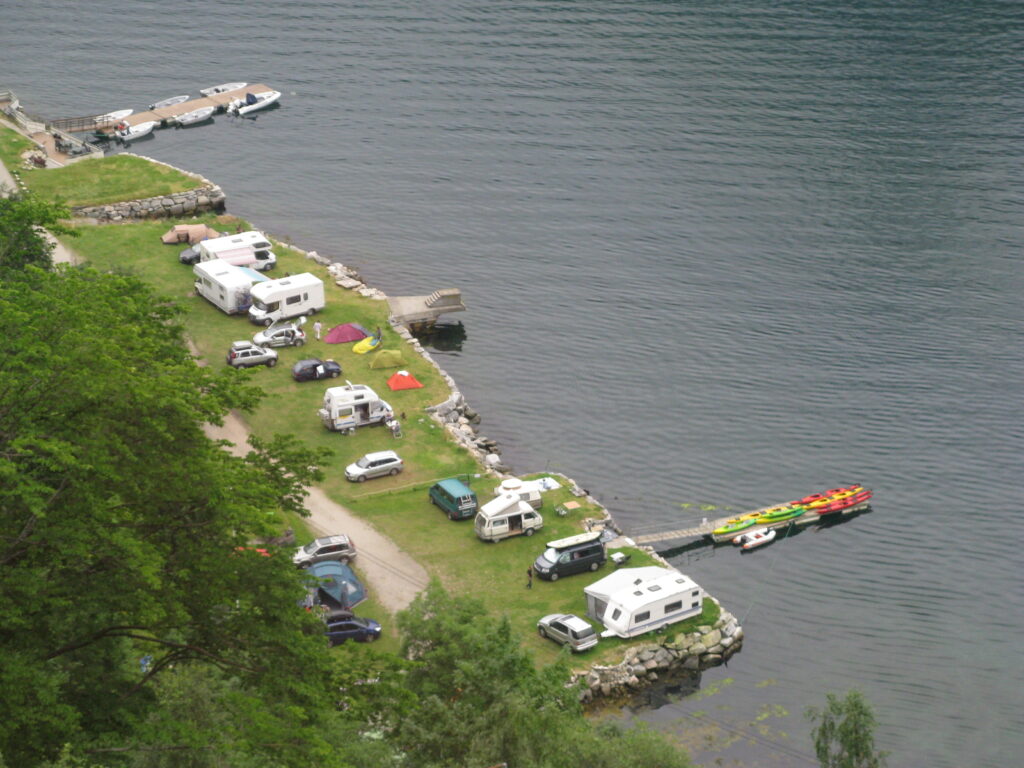
10. **Are There Any Travel Restrictions or Destination Regulations?**The allure of the open road is the freedom it promises, but even in an RV, that freedom often comes with geographical limitations. Before mapping out your grand adventure, it’s crucial to ask, “Are there any restrictions on where I can travel?” Some rental companies have specific rules about where their RVs can and cannot go, and ignoring these can lead to voided insurance, fines, or other serious complications.
Begin by checking state-specific restrictions, as these can vary widely. For instance, the context notes that “you can’t rent RVs in New York due to insurance regulations,” which is a significant piece of information if your trip involves that state. Driver’s license requirements also “vary by state,” and while “most states don’t require special licensing for RVs under 26,000 pounds,” it’s absolutely essential to “verify your specific vehicle’s weight and your destination’s requirements.” Larger RVs or certain terrains might necessitate a commercial license, so confirming this beforehand is non-negotiable.
Beyond state lines, research local zoning laws and parking restrictions, especially if you plan to visit urban areas. Many cities require special permits for RV parking or storage, and overnight parking rules can differ considerably. It’s not just about finding a spot, but finding a legal one. Additionally, always “check campground regulations too—sites often have specific rules about RV size, type, and generator use,” ensuring your chosen RV fits the site.
Don’t forget to inquire about “weight and size restrictions for certain roads, toll road access, and environmental regulations for waste disposal.” Planning your route around these limitations is vital to guarantee smooth travels and avoid unexpected detours or fines. A quick call or email to your rental provider and a bit of online research into your intended destinations can save you significant headaches and costly surprises.
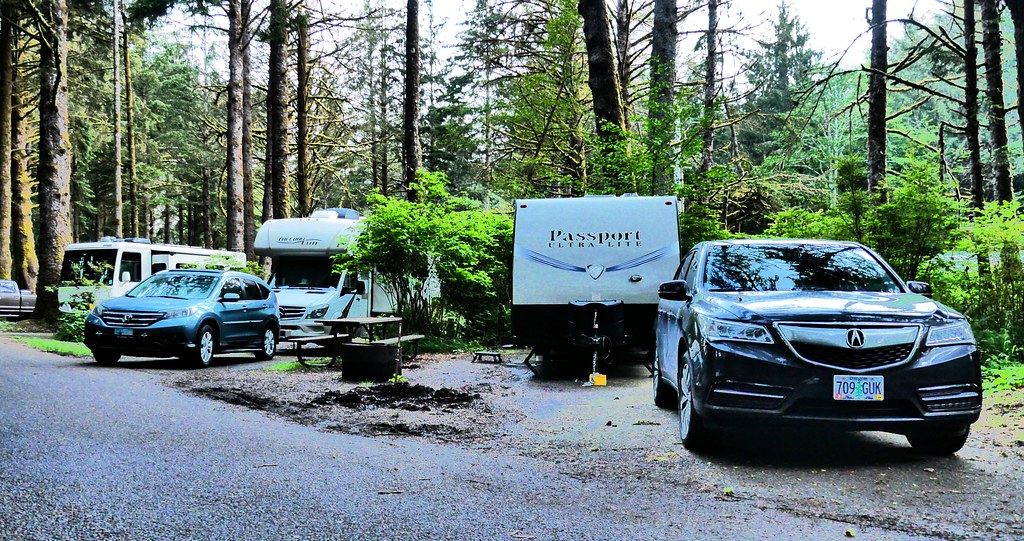
11. **How Do I Secure Campsite Reservations in Advance?**One of the most frustrating things an RV family can encounter is arriving at a beautiful destination only to find all campsites fully booked. This isn’t an uncommon scenario; “more than half of all RVers now struggle to secure campsites, with 56.1% reporting booking challenges in 2024.” This stark reality underscores that obtaining reservations well in advance has become absolutely essential for successful and stress-free trips.
Public campgrounds, particularly those in national parks and other popular destinations, book up the fastest and face intense competition. Planning ahead is the only way to avoid last-minute disappointments and guarantee you have a spot waiting for your family. Don’t fall victim to the statistic that “campgrounds are increasingly challenged by last-minute cancellations and no-shows, with some reporting over 30% of sites empty due to guests who simply don’t arrive.” Be a planner, not a hopeful wanderer.
To dramatically improve your chances of securing your ideal spot, several strategies come highly recommended. First, “book directly through official websites,” as direct bookings are “increasingly popular and often offer the most reliable availability.” Second, consider “planning seasonal timing by region,” noting that “summer bookings peak in the Midwest, while Southern destinations maintain year-round demand.” This insight can guide your travel dates.
Third, leverage technology by using multiple booking platforms and apps to compare options and increase your chances. Finally, don’t overlook alternative accommodations; “consider alternative accommodations like private campgrounds, which are expanding to meet growing demand” and often have more flexible booking policies or less competition. Securing your spot well in advance means one less worry and more time to enjoy your adventure.
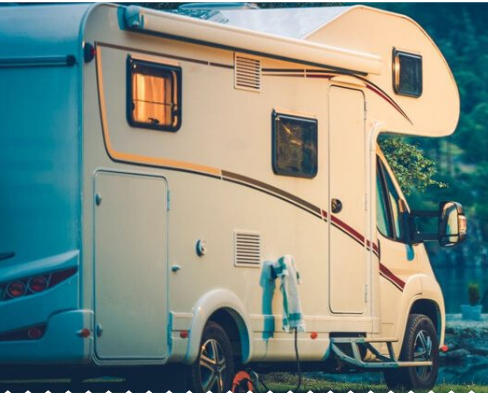
12. **What Basic RV Maintenance and Care Guidelines Should I Know?**Renting an RV isn’t just about driving; it’s also about being a temporary custodian of a complex vehicle. To protect your investment and prevent costly breakdowns that could derail your family vacation, you’ll want to master basic RV maintenance and care guidelines. This knowledge empowers you to handle minor issues and ensures a smoother, more enjoyable journey from start to finish.
Before you even hit the road, conduct essential pre-travel checks. “Verify tire pressure” meticulously, as improper inflation can lead to safety hazards and poor fuel economy. “Test all lights” to ensure visibility and legal compliance, and always “disconnect hoses” and “clear any roof debris” before departing your campsite. Crucially, “check your battery’s charge status” to avoid unexpected power losses, ensuring all systems are ready for travel.
During your trip, make it a habit to inspect the exterior daily for any new scrapes, dents, or leaks that might have occurred while driving or parking. Internally, “check that electrical and plumbing systems work properly” throughout your journey. “Monitor your battery’s water levels” and “test safety equipment like fire alarms” regularly. Furthermore, for those embarking on cold weather adventures, “understanding RV antifreeze and septic system care is essential for cold weather protection and sanitation.”
For longer rentals, or simply as good practice, remember to “run the generator under load monthly” to keep it in optimal condition, and “vacuum air conditioning vents” to maintain efficient cooling and air quality. A golden rule for safety is to “always close propane tanks during travel to prevent dangerous gas leaks that could occur from vibration or movement.” These simple, proactive habits will keep your RV running smoothly and help you avoid emergency repairs.
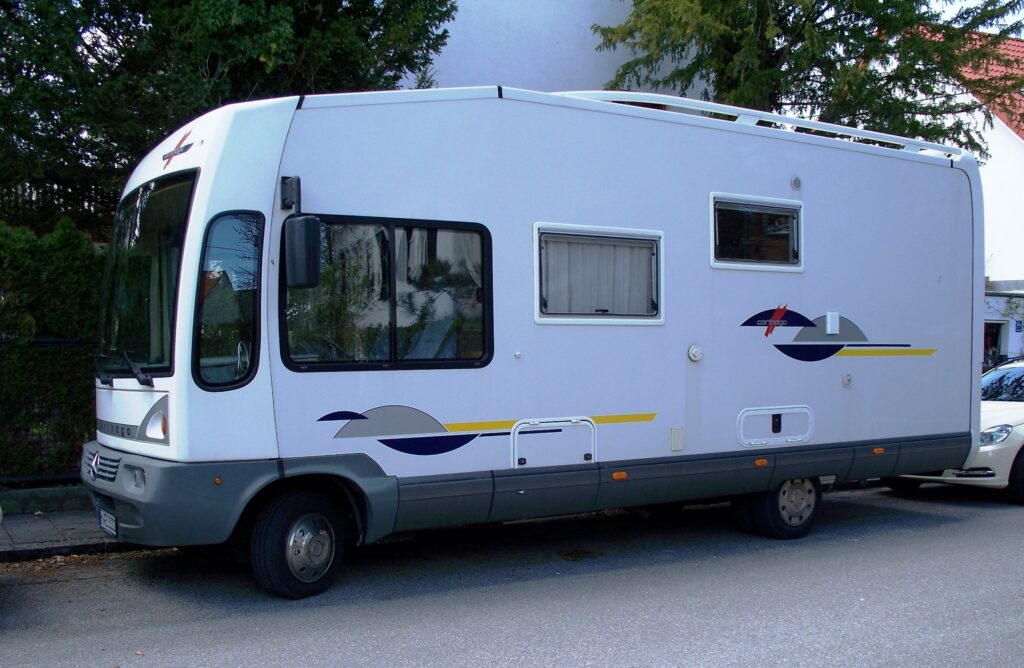
13. **What Are the Expectations for Cleaning and Supplies?**Nobody wants to return from an incredible RV adventure only to be slapped with unexpected cleaning fees. To avoid this, it’s absolutely vital to clarify the rental company’s expectations for cleaning and supplies before you ever pick up the vehicle. Having the right cleaning supplies on hand guarantees you’ll maintain the RV properly throughout your trip and avoid those pesky potential cleaning charges upon return.
Your initial inquiry should cover what cleaning supplies are provided and what you’re expected to bring. The context mentions that cleaning staff typically remove any leftover supplies before the next rental, implying you’ll need your own. Focus on essential categories: “Interior cleaning basics – Multi-purpose cleaners, microfiber cloths, disposable gloves, and paper towels handle most indoor surfaces without causing damage.” These are your go-to for general tidiness.
For the exterior, “soft-bristled brooms, wash mitts with RV-safe soap, and specialized bug removers keep the outside spotless.” Don’t forget kitchen sanitation, where “food-safe refrigerator cleaners, dishwashing detergent, and disinfectant wipes maintain hygiene where you prepare meals.” These details are crucial for keeping the living space pleasant and hygienic for your family. Always ask: “Are there cleaning supplies and a broom and dustpan?”
Finally, consider “air quality maintenance – Air fresheners and moisture absorbers prevent odors and mold during your travels.” Most importantly, understand “how clean the RV needs to be after we finish and check out.” The goal is to “clean the interior thoroughly to match the original condition” you received it in. This proactive approach ensures a stress-free return and helps secure your full deposit refund.
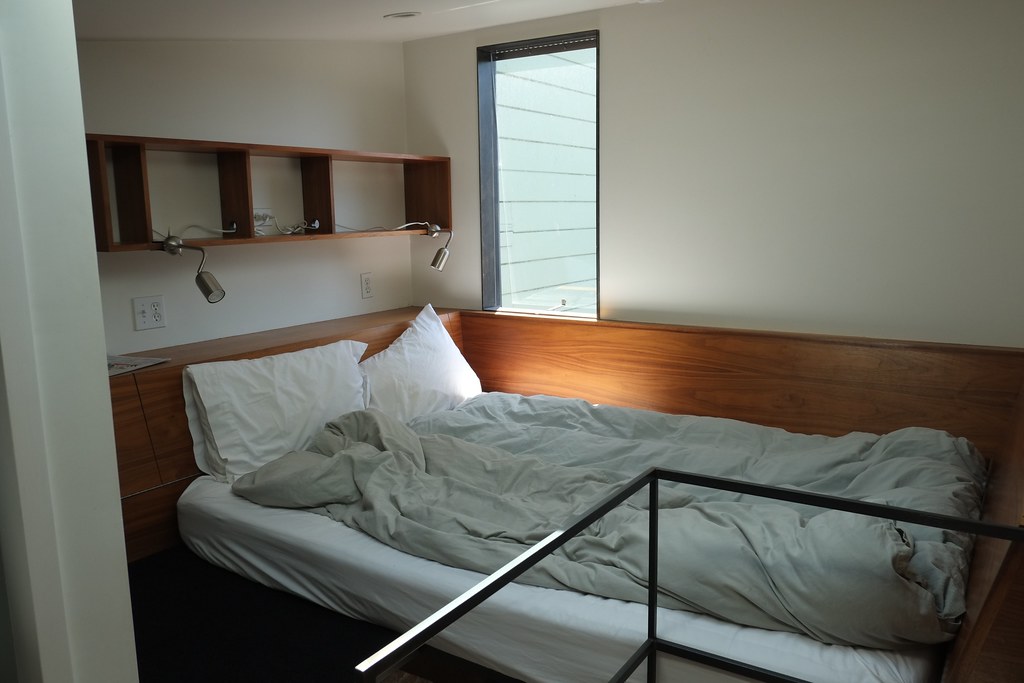
14. **How Do I Handle Return Procedures and Inspections?**The end of an amazing RV adventure doesn’t mean the end of your responsibilities. Navigating the return process carefully is just as important as the pickup, as it helps you avoid unexpected fees and guarantees you get your full deposit back. Proper preparation beforehand will make this final step smooth and stress-free, ensuring your trip ends on a high note.
Before you even approach the drop-off location, you need to complete a few critical tasks. “Arrive punctually at the designated pickup location with a full fuel tank (gas, diesel, plus DEF or AdBlue if required).” This is a common requirement and often comes with a steep surcharge if overlooked. Just as crucial is sanitation: “Empty all waste tanks at authorized disposal stations before arriving at the return facility,” ensuring a clean and hygienic handover.
Next, focus on the interior: “Clean the interior thoroughly to match the original condition and respect smoking/pet policies you agreed to.” Remember, any signs of neglect or policy violations could impact your deposit. “Make sure to check all storage areas and remove personal belongings to avoid leaving anything behind,” as forgotten items are a common occurrence. Being meticulous here saves you potential hassle later.
Finally, “complete the RV Return Form with updated photos documenting the vehicle’s condition within 48 hours.” This provides your own record of the RV’s state. The rental company will then “conduct a joint inspection covering mileage, damages, cleanliness, and equipment inventory.” Being present and having your documentation ready makes this final review transparent and fair, paving the way for a smooth conclusion to your rental.
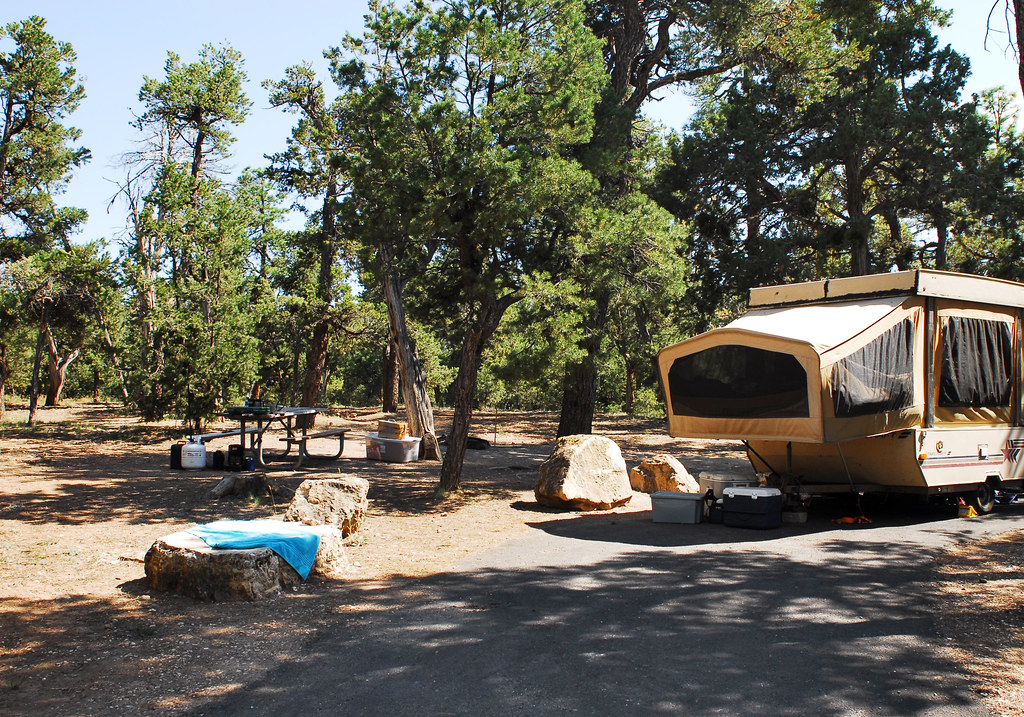
15. **What’s the Best Way to Communicate with My Rental Provider?**A smooth RV rental experience isn’t just about the vehicle; it’s also about the relationship you build with your rental provider. Effective communication can be your greatest asset, ensuring clarity, resolving issues promptly, and transforming potential problems into minor inconveniences. Remember, a simple question now can truly save you a lot of headache and stress later.
Before pickup, make sure to “communicate with your rental owner about pickup logistics and clarify any special instructions.” This proactive approach sets a positive tone and ensures both parties are on the same page regarding schedules, meeting points, and any specific vehicle features you need to be aware of. Having this established line of communication helps prevent last-minute confusion.
Throughout your trip, never hesitate to ask questions. The context emphasizes, “Anytime during the rental process or while on your trip, don’t be afraid to ask questions! Whether those questions are directed at your RV rental company or fellow RVers at the campground.” This is not a sign of inexperience, but rather a mark of a responsible renter who prioritizes safety and problem-solving. RV communities are often tight-knit and eager to help, but your primary point of contact is your provider.
It’s wise to have multiple contact methods for your rental provider readily available—phone number, email, and any specific app or messaging system they use. While on the road, if an unexpected issue arises, prompt communication allows them to guide you through troubleshooting or arrange necessary assistance, such as roadside help. Clear, concise communication ensures minor snags don’t escalate into major disruptions, preserving the joy of your family adventure.
As you prepare to embark on your family RV adventure, remember that knowledge is your most powerful tool. By diligently asking these crucial questions before, during, and even after your trip, you’re not just renting a vehicle; you’re investing in a seamless, stress-free experience. These insights will empower you to navigate every turn with confidence, avoid common pitfalls, and focus on what truly matters: creating unforgettable memories with your loved ones on the open road. Happy travels!


